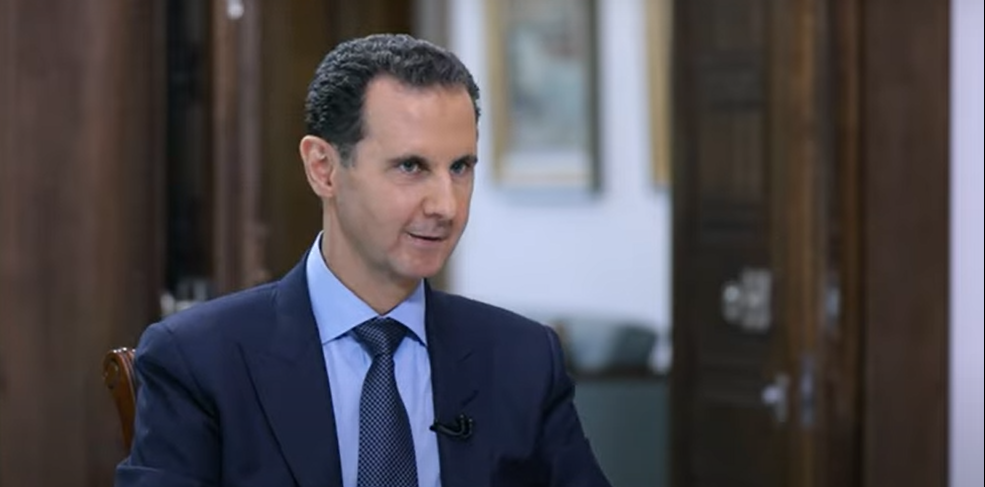Syria achieved a historic victory this week after the Arab foreign ministers announced on May 7th its return to the Arab League and all its institutions without conditions, the move allows President Bashar Assad to participate in the Arab summit conference to be held in Riyadh on May 19th after an Arab boycott that lasted 12 years.
This is another failure of the American policy in the Middle East, the US opposed this move but was unable to stop it and Syria managed to free itself from the Arab isolation.
The international community that imposed sanctions on the Syrian regime stands helpless in the face of the Arab League’s decision.
The return of Syria to the Arab League is a direct result of the rapprochement between Saudi Arabia and Iran and the agreement signed between them on the renewal of diplomatic relations.
As of this hour, President Bashar Assad is showing indifference towards this move and it is not at all clear if he will participate in the Arab Summit Conference.
The US and Israel will lose from this move, which could have a negative effect on the normalization process between Israel and the Arab countries that the US is currently trying to promote in the Middle East, especially between Israel and Saudi Arabia. Syria’s return to the Arab League strengthens the axis of resistance led by Iran that opposes normalization with Israel.
Syria may benefit from this move politically which could also help it economically to recover from the damage of the long civil war.
The US State Department issued a statement saying that the Syrian regime does not deserve to return to the Arab League and questioned President Bashar Assad’s desire to resolve the crisis in Syria, however, the US will have to accept this move.
It seems that President Bashar Assad wants to obtain renewed Arab legitimacy for his policy, he has no intention of breaking away from the axis of resistance led by Iran, nor does he intend to pay any price for the Arab League’s approval that Syria will return to its ranks.
President Bashar Assad will not give up his strategic alliance with Iran and Hezbollah that helped him win the civil war and regain control of most parts of the country, this means for Israel that it will have to continue the policy of the “battle between the battles”.
The assessment in Israel is that the return of Syria to the Arab League will encourage it and Iran to continue the policy of the Iranian military establishment in Syria and the smuggling of advanced weapons from Iran to Hezbollah in Lebanon through Syrian territory.
Israel will continue to try and disrupt Iranian-Syrian activity through attacks on Iranian and Hezbollah targets in Syria and will continue to serve as an active regional and international fighting arena.
Syrian President Bashar Assad’s self-confidence has increased since the announcement by the foreign ministers of the Arab League and he is convinced that this move will help Syria remove the sanctions imposed on it by the Western countries.
He also hopes that his country will receive international aid to start rebuilding the country from the war damage.
The Arab League completely ignored the fact that Syria leads the trade in the captagon drug, this week Jordan activated its air force to attack a drug warehouse in southern Syria that was secured by the Lebanese Hezbollah and Iranian militias and assassinated the major drug dealer Maree al-Ramathan, who is responsible for the large smuggling of drugs into its territory.
General Maher Al-Assad, the brother of the Syrian president and commander of Division 4, is the biggest drug dealer in Syria who was nicknamed the Syrian “Pablo Escobar” by the intelligence organizations in the West.
President Bashar Assad, who committed war crimes and massacred his own people also using chemical weapons, won the battle at the end of 12 years and remained on his throne without paying any price despite the hundreds of thousands of dead among the Syrian people and millions of refugees who were forced to leave their homes and their country.
In 2018, Bashar Assad’s regime regained control over most parts of Syria and in a slow process since then has managed to win back Syria’s seat in the Arab League.




